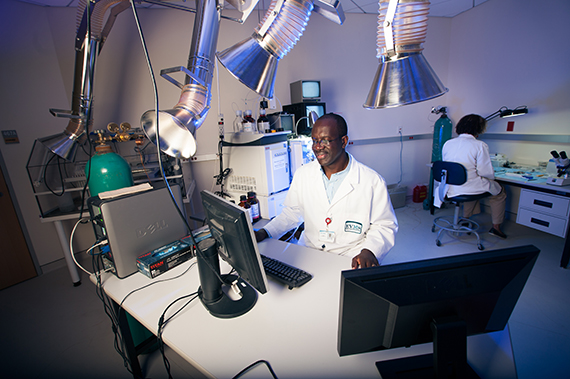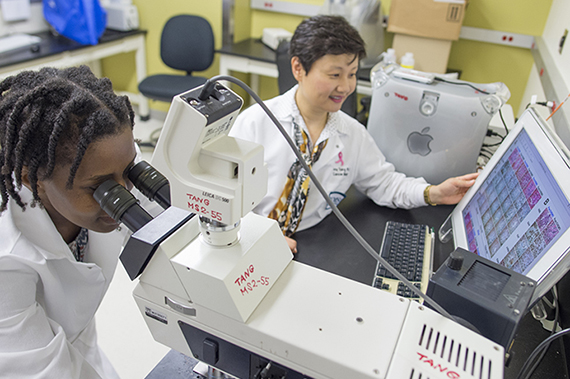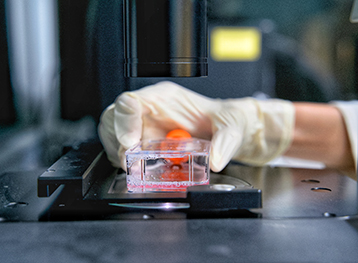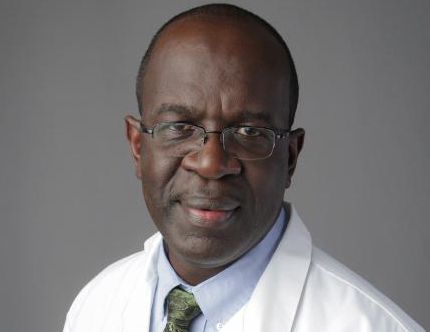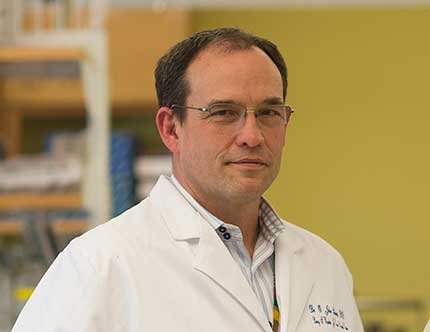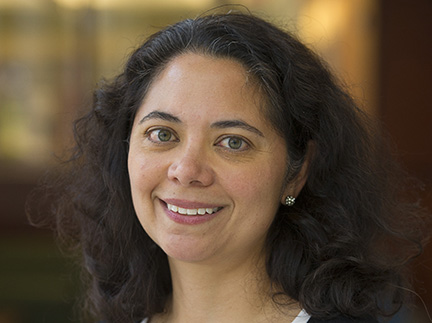
Leroy T. Canoles Jr. Cancer Research Center
The Leroy T. Canoles Jr. Cancer Research Center is dedicated to translational research that leads to improved patient care.
Leroy T. Canoles Jr. Cancer Research Center
Leroy T. Canoles Jr. Cancer Research Center
Areas of research
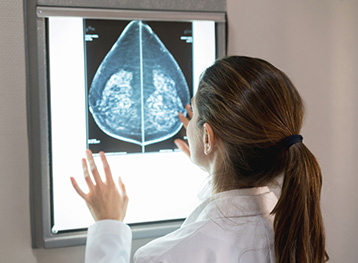
Breast cancer
It’s the second most commonly diagnosed cancer in women. Virginia has the ninth highest breast cancer mortality rate in the nation. One in eight women will get breast cancer in her lifetime.

Prostate cancer
Virginia’s prostate cancer mortality rate is the eighth highest in America. Prostate cancer has a huge impact on our community.
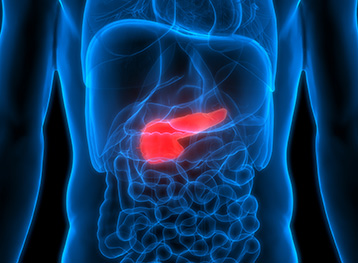
Pancreatic cancer
Our research is helping pancreatic cancer patients — both in our community and around the globe.

Breast cancer
It’s the second most commonly diagnosed cancer in women. Virginia has the ninth highest breast cancer mortality rate in the nation. One in eight women will get breast cancer in her lifetime.

Prostate cancer
Virginia’s prostate cancer mortality rate is the eighth highest in America. Prostate cancer has a huge impact on our community.

Pancreatic cancer
Our research is helping pancreatic cancer patients — both in our community and around the globe.

Breast cancer
It’s the second most commonly diagnosed cancer in women. Virginia has the ninth highest breast cancer mortality rate in the nation. One in eight women will get breast cancer in her lifetime.

Prostate cancer
Virginia’s prostate cancer mortality rate is the eighth highest in America. Prostate cancer has a huge impact on our community.

Pancreatic cancer
Our research is helping pancreatic cancer patients — both in our community and around the globe.
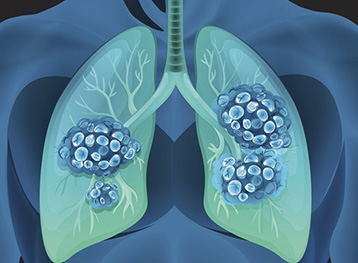
Lung cancer
Our researchers are seeking molecular clues that will help identify those most at risk for lung cancer, as well as improve diagnosis, treatment and outcomes.

Head and neck cancer
As the sixth most common cancer worldwide, head and neck cancer encompasses a broad range of specific cancer types: facial skin cancers, thyroid cancers, salivary gland cancers and cancers of the mouth and throat.
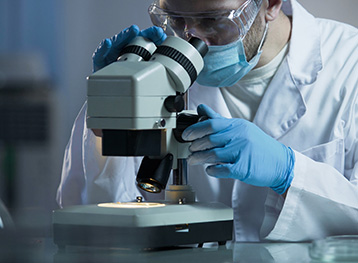
HTLV-1
HTLV-1 has been linked with a type of lymphocytic leukemia and non-Hodgkin's lymphoma called adult T-cell leukemia/lymphoma (ATL).

Lung cancer
Our researchers are seeking molecular clues that will help identify those most at risk for lung cancer, as well as improve diagnosis, treatment and outcomes.

Head and neck cancer
As the sixth most common cancer worldwide, head and neck cancer encompasses a broad range of specific cancer types: facial skin cancers, thyroid cancers, salivary gland cancers and cancers of the mouth and throat.

HTLV-1
HTLV-1 has been linked with a type of lymphocytic leukemia and non-Hodgkin's lymphoma called adult T-cell leukemia/lymphoma (ATL).

Lung cancer
Our researchers are seeking molecular clues that will help identify those most at risk for lung cancer, as well as improve diagnosis, treatment and outcomes.

Head and neck cancer
As the sixth most common cancer worldwide, head and neck cancer encompasses a broad range of specific cancer types: facial skin cancers, thyroid cancers, salivary gland cancers and cancers of the mouth and throat.

HTLV-1
HTLV-1 has been linked with a type of lymphocytic leukemia and non-Hodgkin's lymphoma called adult T-cell leukemia/lymphoma (ATL).
You can join our team in the fight for hope.
